Teen girls quitting sport believing they’re ‘not good enough’ or ‘have too much schoolwork’
Almost half of Australian girls aged 11-17 are turning their backs on sport and taking a big hit in confidence as a result, a landmark study released today has revealed, with two distinct reasons leading them to give up.
- Body-conscious teenage girls shun team sports
- High cost a ‘significant’ barrier for kids joining sport
Almost half of girls aged 11-17 are turning their backs on sport and taking a big hit in confidence as a result, a landmark study released today reveals.
The 2019 Australian Youth Confidence Report reveals the group most likely to quit sport for good are 15-17 year old girls, with the main reasons for giving up because they think they are “not good at sport” or they have “too much schoolwork”.
The results highlight the importance of teen self-esteem and confidence, with half of parents surveyed admitting they are concerned about their daughters’ self-perception.

MORE NEWS
Confirmed: Five debutants bolt into NSW Blues side
Stefanovic lands breakfast show gig after Nine axing
‘Safety measures should’ve come sooner’: Killed equestrian’s mum
The national survey of parents and teenagers, conducted as part of the Suncorp TeamGirls initiative, revealed that confidence was one of the most commonly discussed topics in the home.
Body confidence expert Dr Katherine Iscoe said teenagers might shy away from playing sport if they don’t feel they can be “perfect” at it.
“This idea that comes from Instagram that if I’m not perfect at this I shouldn’t do it at all is putting a lot of pressure on this age group,” she said.
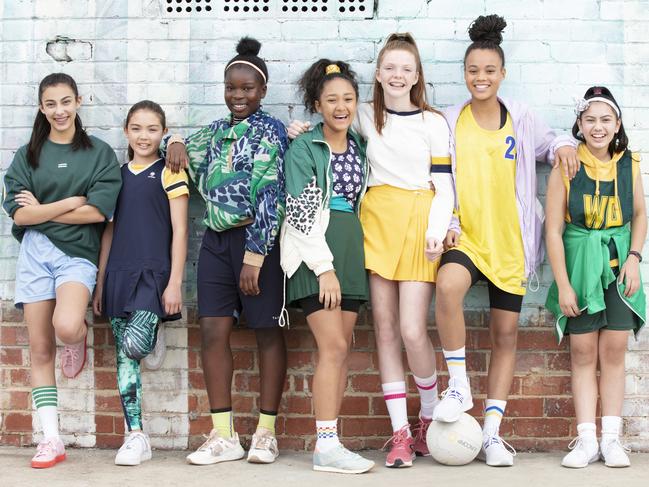
Dr Iscoe said parents should share their own confidence struggles with children to encourage kids to open up.
“If we could get youth more involved in sports in a comfortable way and make them understand just because you can’t kick a ball perfectly, doesn’t mean you’re not perfect … it will also have a physiological benefit because we know endorphins released in exercise can boost your confidence.”
Suncorp’s Mim Haysom said the findings reinforced the value of participation in sport, in building confidence in all areas of life, and also the need for greater support to help parents and peers tackle this issue.
“Our research tells us participation in team sport nurtures perseverance, resilience and confidence; essential skills teen girls need now and in the future. This, in turn, can have a real positive impact on their health and wellbeing, career prospects and financial security moving forwards,” she said.
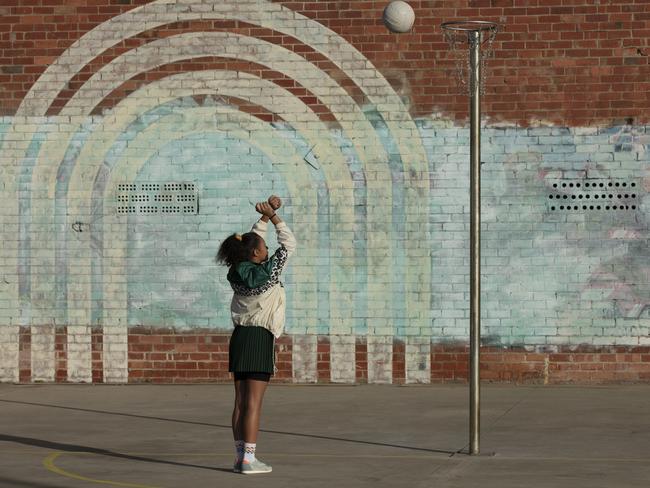
But there are plenty of girls bucking the trend including keen netballers Lauren and Juliet Dandy.
“I will train in the morning or weekends. It makes me feel proud to be part of a team to learn new skills,” Lauren said.
“Sport teaches you about winning and losing and that you’re not always going to win in life.”
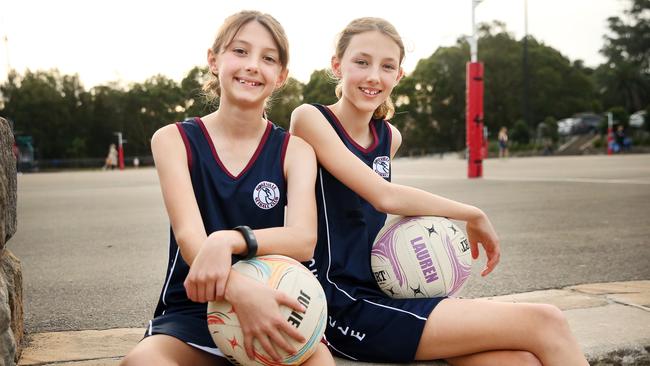
Former captain of the Australian national netball team Laura Geitz says the results are shocking and wants to emphasis the importance of sport for girls during their teenage years.
“I relied on sport at a time when I didn’t fit in anywhere else. Socially and in the classroom I didn’t fit, but in sport I found my tribe.
“At the age of 15-16 my year group all started socialising and going to parties, whereas I would be at training or playing matches. Through sport I made new friendships and that helped me build my confidence.”
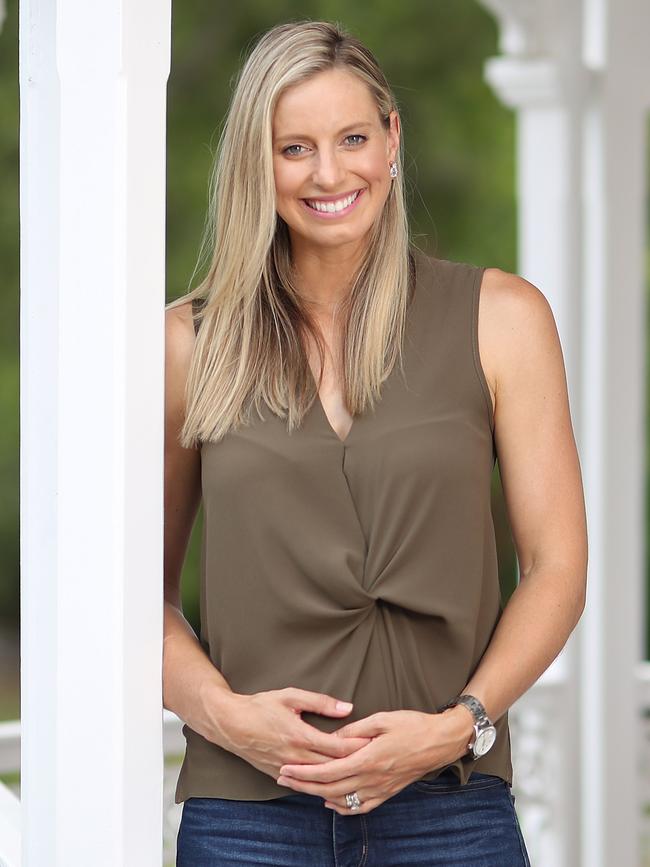

Electronic music songstress Thandi Phoenix has joined the campaign to get more girls into sport.
“I was always the tallest girl, with big curly hair, brown skin, I looked different to everyone so I’d stood out and as a teen everyone wants to fit in. When I started playing netball, funnily enough my height was something that was celebrated and everyone wished they could have - so you could say I grew into my confidence.”
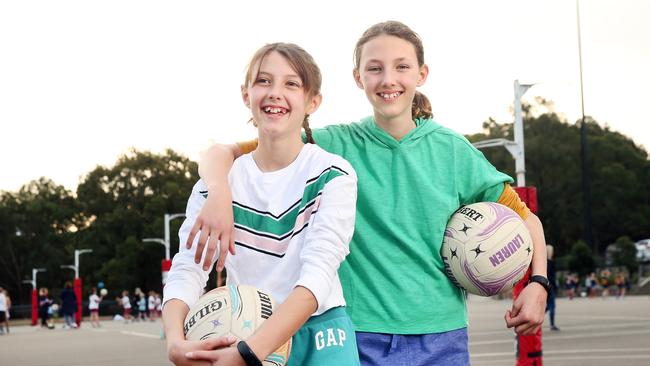
The top five questions parents should ask sporting clubs
Parents should grill junior sporting clubs or risk creating generations of physically inactive children, according to a leading exercise science researcher.
Australian Catholic University deputy head of Behavioural and Health Sciences Associate Professor Gert-Jan Pepping has developed a five-question checklist to apply to junior clubs and associations to ensure young players are placed in the ideal environment to fall in love with sport.
Dr Pepping said the spotlight must shift away from winning and focus instead on participation.
“We need to get away from this idea of creating Olympians and focus instead on enjoyment, engagement and movement,” he said.
As junior winter sport competitions roll on around the nation, the following are the questions parents must ask to determine whether clubs are nurturing a lifelong love of physical activity.
• What is their attitude towards success? Is it win at all costs or participation that counts?
• How are the registration fees spent?
• What are their links to the community?
• What is the player turnover?
• If they have a senior club, what is the emphasis on A-grade success?
“These questions tell us whether a club values participation or winning,” Associate Professor Pepping said.
Developing physical literacy through sport can help build confidence in movement, but the coaching environment must prioritise enjoyment.
“We should be treating kids’ sport as though their lives depend on it, because it does,” Associate Professor Pepping said. “We can’t afford to lose any more children to burnout.
“Forget about creating the next Olympian, NRL or AFL star. What’s critically important is that the environment in which they’re immersed is one which engages, nurtures and motivates them to develop a lifelong love of movement.”
As few as one in five Australian children meet the recommended national daily physical activity guidelines of 60 minutes of moderate to intense physical activity every day (Source: Federal Department of Health). That means fewer children are learning the basics to be confident to move.
“These building blocks are like letters in the alphabet. If you don’t learn them and become fluent in childhood, your physical literacy plummets in adulthood,” Associate Professor Pepping said.



